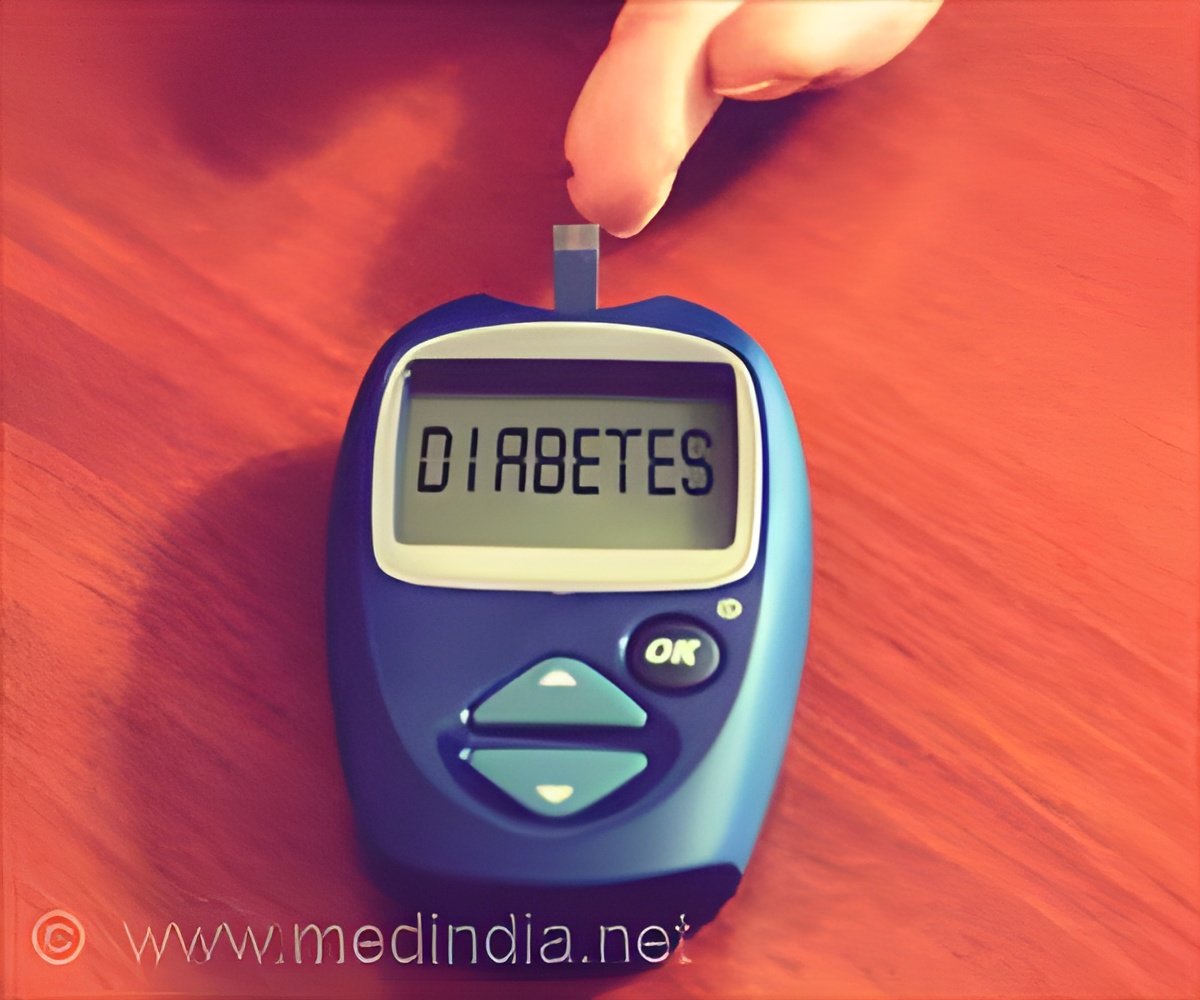People with diabetes who undergo joint replacement surgery are at sharply higher risk of experiencing elevated blood sugar after the operation.

‘Since diabetics are at higher risk of post-operative infections and complications, careful monitoring and control of the patients’ blood sugar levels are integral.’





For the new study, Dr. Waddell and his colleagues reviewed the medical charts of 773 men and women who had undergone total hip or knee replacement between 2011 and 2016. Of those, 437 had been diagnosed with insulin-dependent diabetes, while 336 had not been diagnosed with the condition. Patients with insulin-dependent diabetes were more than five times as likely as those without the condition to develop hyperglycemia, or high blood sugar, after surgery (odds ratio, 5.2; P<0.0001), the researchers found. Patients with higher blood glucose over the previous three months--as measured by hemoglobin A1c--were more likely to experience post-operative hyperglycemia regardless of which group they were in. An A1c above 6.59 for people with insulin-dependent diabetes, and 6.6 for those without the condition, was associated with an elevated risk for post-operative hyperglycemia (P<0.0001).
Despite the increased risk for elevations in blood sugar after surgery, however, the incidence of post-operative joint infections did not differ between the two groups of patients. However, Dr. Waddell noted that a limitation of the study was that it was underpowered to detect the risk of infection.
The bottom line for clinicians, Dr. Waddell said, is "if your patient comes in with diabetes and is dependent on insulin, you need to be more cognizant of controlling their blood sugar in the perioperative period because they're at higher risk."
Advertisement















